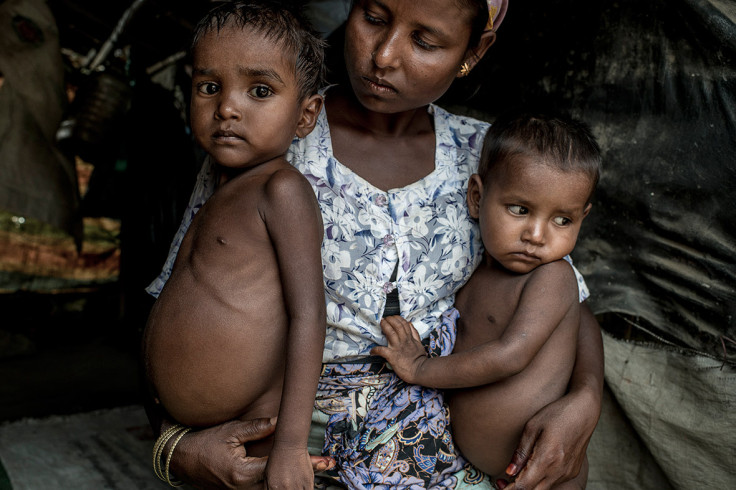Myanmar elections: Persecuted ethnic Rohingya Muslims completely isolated from 'historic process'

In what has been billed a "historic democratic process" in more than half a century in Myanmar, persecuted ethnic Rohingya Muslims have been completely isolated from the upcoming elections. They were not allowed to run nor vote in the polls scheduled for 8 November.
The 1.1 million-strong Rohingyas will have no support, except from their fellow Muslim groups, such as Kaman. Any politician who has ties with the Rohingya community has been barred from contesting the polls by the junta-controlled government, which has already threatened that bloodshed would occur, if the ruling party faces defeat.
Out of the 18 registered candidates, only three were allowed to run for their candidacy since they were Muslim Burmans and not Rohingya, said Kyaw Min, chairman of the Rohingya-led National Democratic Party for Human Rights.
Kyaw told the Bangkok Post: "The Rohingya are not allowed to vote and not allowed to run in this Sunday's election." He was one of the hundreds of members who emerged victorious in elections held in 1990, which was later rejected by the military junta.
The National League for Democracy (NLD), the opposition party, which is widely tipped to win the election, led by Nobel Laureate Aung San Suu Kyi, has also not fielded any Muslim candidates largely due to the fear of intimidation. Local reports suggest that radical Buddhists have been stoking anti-Muslim tension in several parts of Myanmar, in the run-up to the polls.
The government of Myanmar, formerly Burma, has been engaged in a conflict with multiple ethnic groups since the country got independence from Britain in 1948. Nearly 40% of the population belong to ethnic minority groups and many have suffered discrimination and persecution under the country's harsh military rule for half a century. Muslims make up to 5% of Myanmar's 51 million population and only a handful of Muslim candidates have enrolled their names for the polls.
"I am deeply disappointed by this effective disenfranchisement of the Rohingya and other minority communities. Barring incumbent Rohingya parliamentarians from standing for re-election is particularly egregious," said UN Secretary General Ban Ki-moon.
Nevertheless, political isolation is not the only problem looming over the Rohingya community. Shwe Maung, former member of ruling Union Solidarity and Development Party and who himself faced discrimination, wrote: "They [Rohingyas] cannot freely move from their villages or from camps for internally displaced people. They must request permission to marry and are prohibited from having more than two children. They face daily abuses by government authorities. A flawed citizenship law explicitly prevents us from ever gaining full rights."
Although the imminent election is touted to be the first free and fair democratic event taking place in Myanmar, the Southeast Asian nation remains on the edge as the notorious military is known for stifling with democracy.
© Copyright IBTimes 2025. All rights reserved.






















